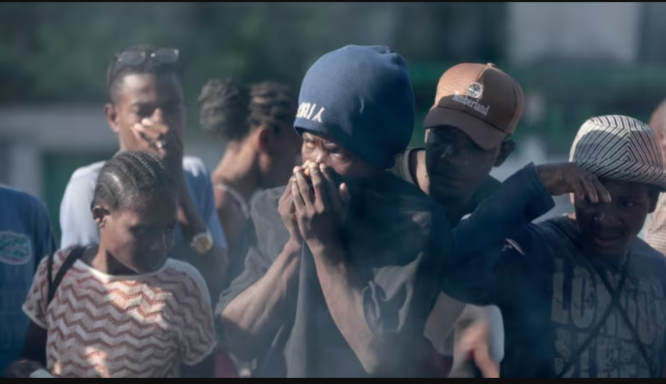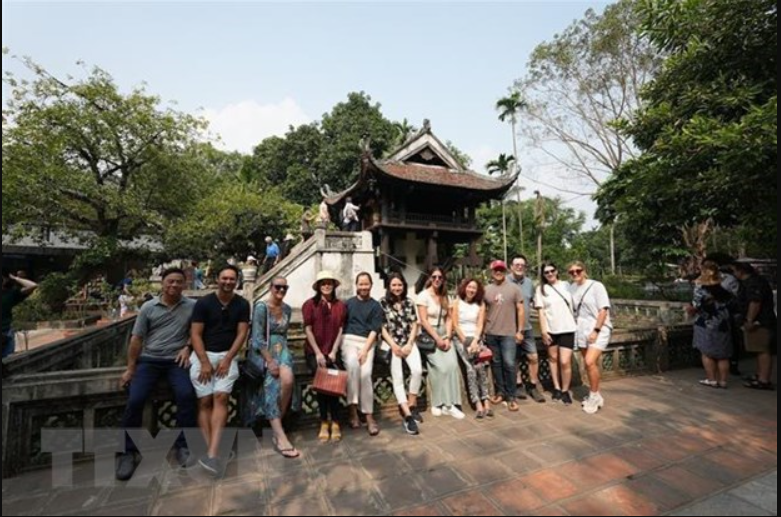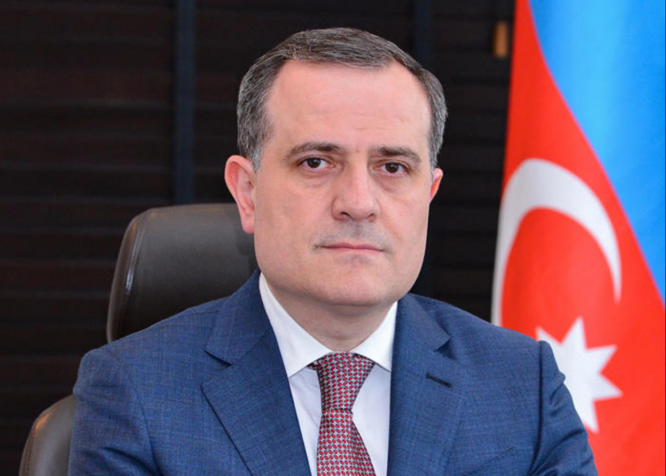Port-au-Prince is still aggressive, but “Bwa Kale” has shifted the terror for two weeks.
Haitian Creole “Bwa Kale” means “peeled wood”. It symbolizes speedy justice.
Gang members have fled other districts of the Haitian capital but continue to terrorize the east. After capture, civilians and police have lynched or killed many.
Haitian social media is full of Bwa Kale jokes and songs by musicians like Tony Mix. Bwa Kale dances exist.
Many Haitians seem to enjoy turning the tables on their oppressors, despite concerns about the movement’s future.

Burnt alive
The movement began with an April 24 spontaneous event. Port-au-Prince police stopped 13 or 14 gang members in a van heading to Dubussy.
“This party didn’t have any long guns with them,” claimed Louis-Henri Mars, director of Haitian reconciliation non-profit Lakou Lape. “They only had pistols in their rucksacks, and when they were stopped, the police disarmed them.”

A crowd rapidly formed.
“The police felt the pressure, or they felt threatened by the crowd, and they released those guys to die basically,” Mars added. “And the crowd stoned and burned them to death, and this was the start of it.”
Cellphone footage shows Haitian police restraining a group of young guys on the ground while civilians throw rocks. Tires cover them. Other footage show the men burning and burned.
“It dispelled the myth of their invincibility,” Mars added. “The group that they were going to meet in Dubussy was also attacked by the population with the police,” he said the next day.
They fled and were slaughtered one by one. Some lucky ones were caught and sent to the police station.”
On April 25, Haitian social media called for “Operasyon File Manchet” (Operation Sharpen Machete). Evangelical churches also preach.
“And so this has created a whole movement all over the city and even the country,” Mars added, “a movement of the police in front and the people behind.”

A rage
Many Port-au-Prince neighborhoods became wartime in the following days. Banging pots and pans alerted neighbors to gangs. Most neighborhoods had few firearms to protect against gangs with automatic weapons, but citizens took potshots and flung rocks from roofs. Some repelled gangs.
Crowds overran gang safe homes, dragged suspects from police stations, and killed them in the street.
Videos convey rage. Haitian gangs have raped women and girls extensively. They abduct and torment kids. They extorted even destitute households.

Governments become spectators
“Canada is deeply concerned by the recent population movement and escalation of violence in Haiti stemming from the increase of killings and executions committed by criminal actors,” a Global Affairs spokesperson told CBC News. Canada’s focus is on “bolstering the capabilities of the Haitian National Police in the immediate term.”
In his May Day speech, Haitian Prime Minister Ariel Henry criticized Bwa Kale.
“The insecurity we live in is appalling,” he remarked. “But don’t let bad plans make us play sordid games.”
“I ask my compatriots, whatever they may have suffered at the hands of the bandits, to remain calm,” he added, adding that Haitians can help authorities by reporting suspicious neighbors.
One Community’s fight
Laboule and Thomassin are wealthy Port-au-Prince suburbs. A group led by Ti Makak (Little Monkey) assassinated three police officers in Laboule 12 last September and then attacked and executed the district’s most notable citizen, former presidential candidate Eric Jean Baptiste, and his bodyguard a few weeks later.
“They started terrorizing the population, killing, shooting, raping, kidnapping, ransoming,” Laboule 12’s self-defense group coordinator told CBC News. Gang retaliation prevents CBC from naming him. When gunshots hit his armored vehicle windshield, he narrowly survived an attack.
A lawyer local claimed the neighborhood petitioned the government for months before taking anything.





